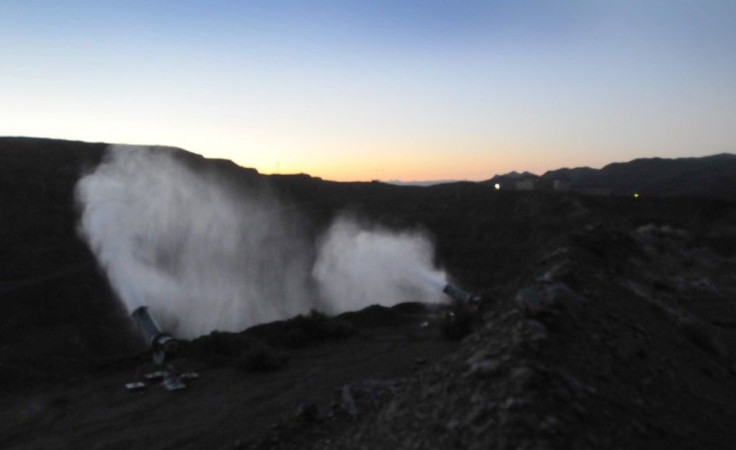Molycorp: Rare Earth Price Decline May Obstruct New Operations

American mining corporation, Molycorp Inc. has indicated that funding of new mining operations by developers may be difficult following the sharp decline in rare earth metal prices.
The company, which is the largest owner of rare earth mines outside of China, has been working on an expansion program called Project Phoenix, to accelerate production by Sep. 30, 2012.
However, the company feels that due to the current pricing system, there may be difficulties in utilizing sales contracts as collateral for financing purposes.
Prices of some rare earth metals, like cerium, have recently reduced quite drastically; the first time in three years. Highly magnetic rare earth metals like neodymium have experienced price cuts of nearly one-third and that price is still falling.
This reduction in prices has been attributed to the monopolization of strategic markets by China. The country has the largest supply of rare earth metals in the world and accounts for nearly 97 percent of the entire market. In addition, the increasing quantity of rare earth metals produced has contributed both to the drop in prices and the closure of similar mines across the world. For example, the Mountain Pass mine in California was the world's largest producer between 1965 and 1985, until it closed in 2002.
Now, however, increasingly stringent rules governing the quantity of rare earth metals mined and exported by the Chinese government, ostensibly for the conservation of the resource and the environment, have heightened fears of the world running out of the resource and, possibly, an unhealthy control of the world's market by the Chinese.
In response, several countries around the world are actively searching for new deposits and old mines are being re-started; the Mountain Pass is an example of the latter effort.
However, it is unlikely to be at full production before 2012, as it is currently undergoing expansion and modernization.
© Copyright IBTimes 2024. All rights reserved.











